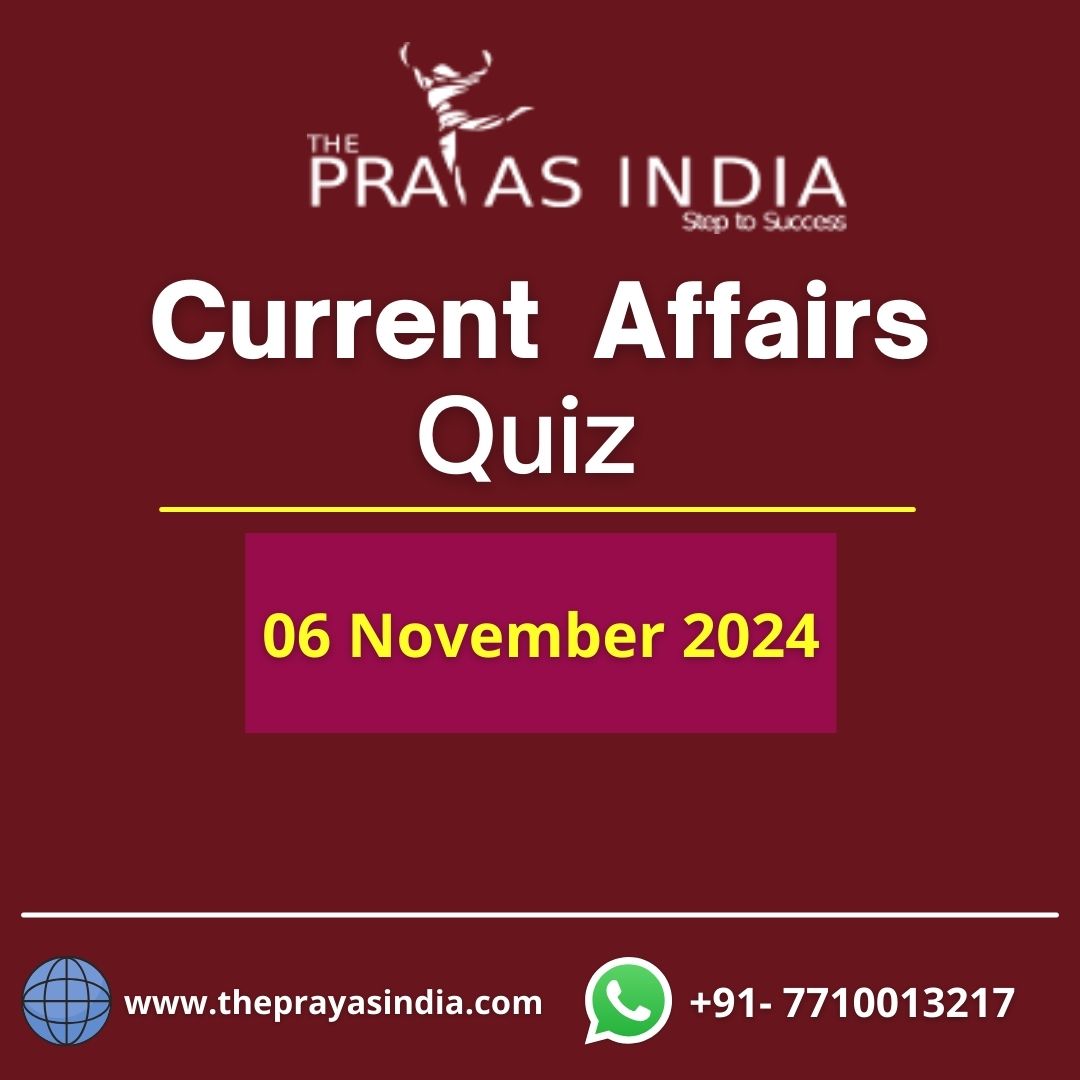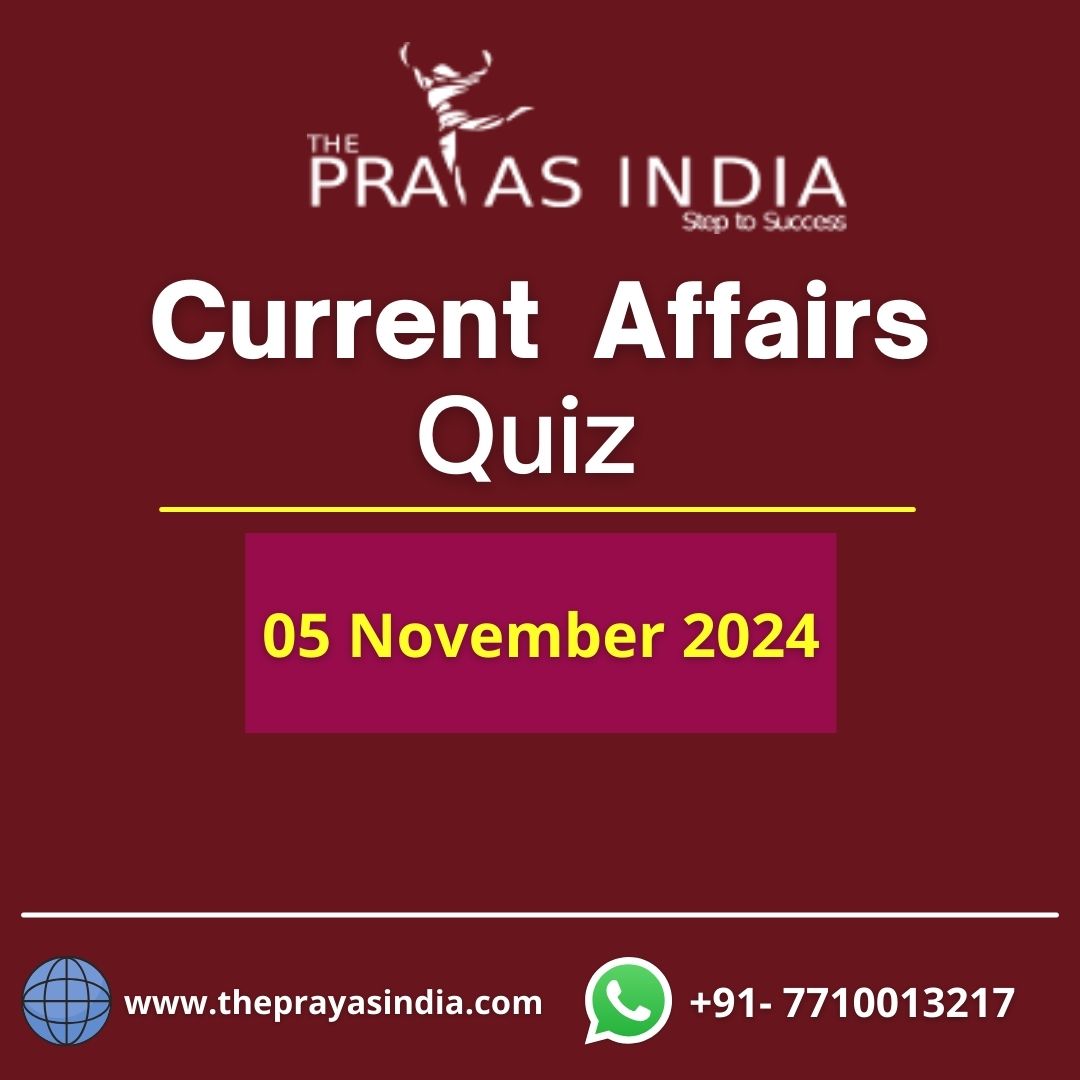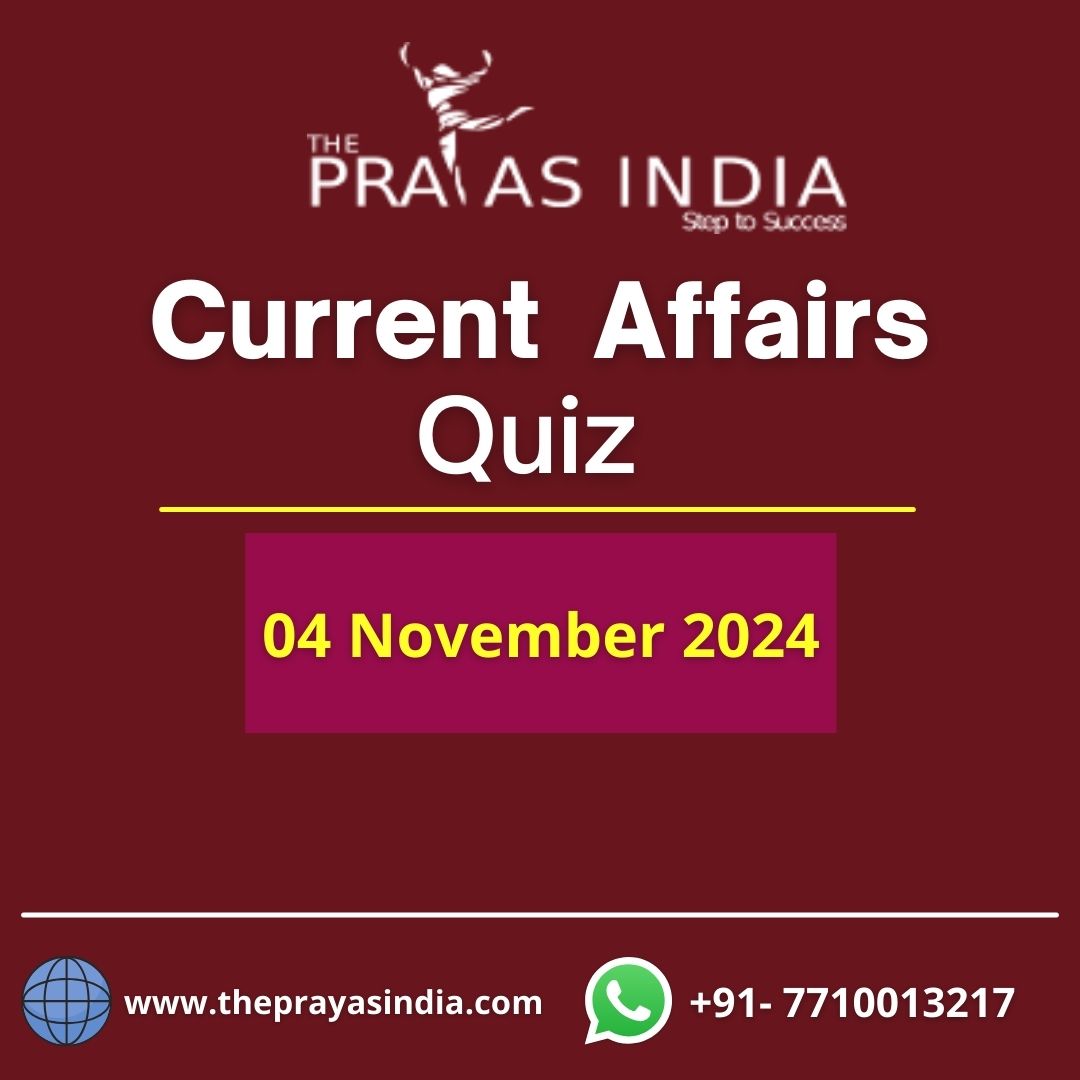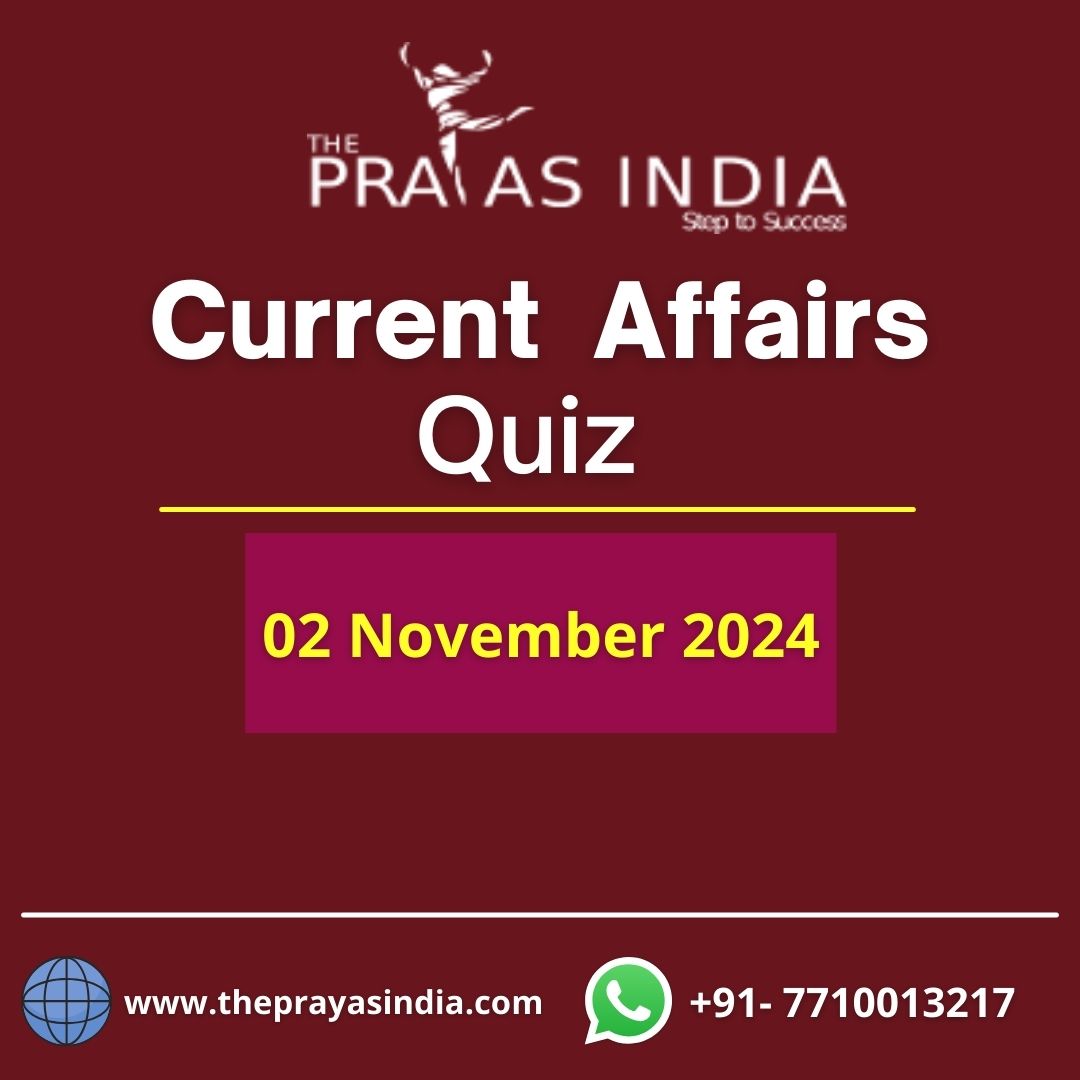Q1. What does the phrase “financial inclusion” mean to you?
(a) A marketing strategy for luxury brands.
(b) The process of making financial services accessible to all individuals and businesses, especially those in underserved or remote areas.
(c) A stock market trading technique.
(d) The exclusive financial services offered to high-net-worth individuals.
Ans: (b)
Explanation: What is Financial Inclusion?
- Financial inclusion refers to the effort to provide access to essential financial services (e.g., banking, credit, insurance,) and products to individuals and communities, especially those traditionally underserved or excluded from the formal banking system. The RBI’s financial inclusion (FI) index shows financial inclusion is improving in India
Q2. Annapurna Certificate Programme is an initiative of the:
(a) NITI Aayog
(b) Food Safety and Standards Authority of India
(c) Food Corporation of India
(d) Indian Council for Cultural Relations
Ans: (d)
Explanation:
- Context: The Annapurna Certificate Programme, an initiative by the Indian Council for Cultural Relations (ICCR), has recognized six Indian restaurants worldwide for promoting Indian culinary traditions. This annual program acknowledges restaurants contributing to India’s cultural cause through cuisine on a global scale.
Q3. ‘Sustainable Action for Transforming Human Capital in Education’ (SATH-E) report published by the:
(a) NGO Pratham
(b) NITI
(c) National Council of Educational Research and Training
(d) National Council for Teacher Education
Ans: (b)
Explanation:
- Context: NITI Aayog has released a report on the Sustainable Action for Transforming Human Capital in Education (SATH-E)
Q4. Consider the following statements about National Health Authority (NHA):
- It is an autonomous entity established under the Society Registration Act, 1860.
- It oversees the design, technological infrastructure, and implementation of the “National Digital Health Mission“
- It is governed by a Governing Board chaired by the Union Minister for Health and Family Welfare.
How many of the above statements are correct?
(a) Only one
(b) Only two
(c) All three
(d) None
Ans: (c)
Explanation
- The National Health Authority (NHA) (formed in 2019) is an autonomous entity established under the Society Registration Act, 1860, responsible for implementing AB PM-JAY. It oversees the design, technological infrastructure, and implementation of the “National Digital Health Mission“ to create a National Digital Health Eco-system. It replaced the National Health Agency and operates as an attached office of the Ministry of Health and Family Welfare.
- The NHA is governed by a Governing Board chaired by the Union Minister for Health and Family Welfare, Government of India; and is headed by a full-time Chief Executive Officer (CEO) supported by Deputy CEO and Executive Directors. The CEO of the NHA functions as the Member Secretary of the Governing Board.
Q5. Consider the following statements about PM-KISAN scheme:
- It is a Central Sector scheme with 100% funding from Government of India.
- As per the scheme, eligible farmers will receive an installment of Rs 2000 in their registered bank accounts.
- All small and marginal landholder farmer families with cultivable landholding in their names are eligible under the PM-KISAN scheme.
How many of the above statements are correct?
(a) Only one
(b) Only two
(c) All three
(d) None
Ans: (c)
Explanation
- Context: Prime Minister will release the 15th instalment of the PM-KISAN scheme on November 15, celebrated as ‘Janjatiya Gaurav Diwas’ (Tribal Pride Day), at Birsa College, Khunti, Jharkhand.




